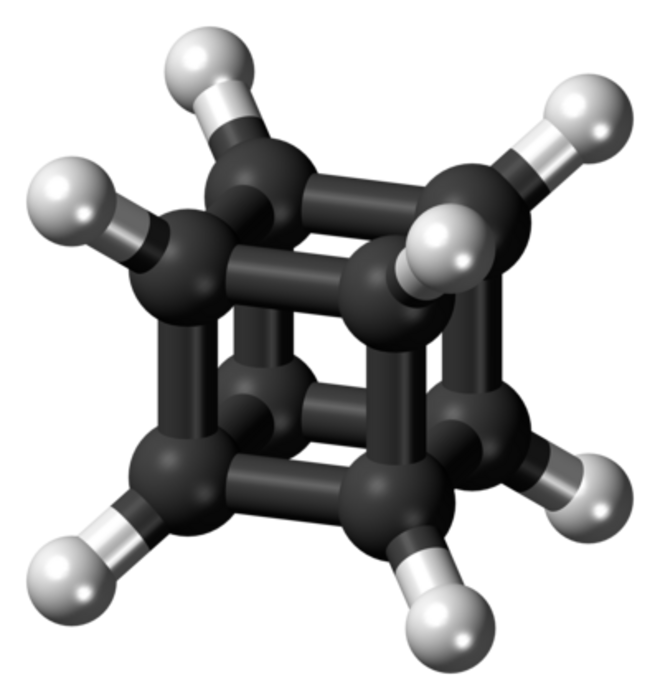In an ongoing discovery program, a chemical-creation platform is being unearthed – based on cubic molecules – that could help breathe new life into tired drugs and agrochemicals.

Credit: UQ
In an ongoing discovery program, a chemical-creation platform is being unearthed – based on cubic molecules – that could help breathe new life into tired drugs and agrochemicals.
The University of Queensland’s Professor Craig Williams said the platform, developed in collaboration with CSIRO, is developing an exciting set of tools for chemists who, in many cases, had been running out of new chemical building block options.
“Chemists have often relied on hydrocarbons, substances like petrochemicals, throughout history to build new critically important chemicals for society,” Professor Williams said.
“But one key hydrocarbon that’s been historically missing from this mix is cubane – a synthetic hydrocarbon in the shape of a cube.
“Cubane traditionally was overlooked, as there was no way to synthesise this molecule on a large scale and so its application was limited.
“This has since changed as Australian chemists at CSIRO reported a kilogram scale synthesis, which is now in production at Boron Molecular in Melbourne, that enabled a significant upsurge of cubane research in the twenty-first century.”
For the first time, the team at UQ successfully incorporated a nitrogen atom into a close relative of cubane, which has the long-term potential of improving the properties of this class of molecules for use in biological systems.
“Hydrocarbons find success within a wide selection of drugs, but the nature of an all-carbon atom core can impede some biological interactions and restrict their application in drug and agrochemical discovery,” Professor Williams said.
“Elements like nitrogen can facilitate biologically desirable interactions that are unavailable to hydrocarbons.
“In fact, the biological demand for nitrogen is so great that most US FDA-approved drugs contain at least one nitrogen atom.
“Substituting nitrogen atoms into pharmaceutically proven hydrocarbon scaffolds, like cubane, is an underutilised but attractive strategy to upgrade their biological potential.
“The synthesis and study of 1-azahomocubane in collaboration with the University of Chicago and Queensland University of Technology pushes the boundary of what is possible.”
Professor Williams has a longstanding collaboration with Dr Paul Savage, Deputy Director of CSIRO Manufacturing, whose team is experienced in translating laboratory inventions into scalable processes.
Dr Savage said the research team are excited about what’s next.
“This groundwork may lead to better treatments for disease, or day-to-day chemicals that vastly improve our quality of life and the environment,” Dr Savage said.
“To be clear, these are all future aspirations – and could be a long way off – but this work is fundamental to providing new options to chemists around the globe, and we’re thrilled to have been able to make a contribution towards this goal.”
The research has been highlighted in Chemistry World and Science – In The Pipeline.
Journal
Chemical Science
DOI
10.1039/D3SC00001J
Article Publication Date
22-Feb-2023




